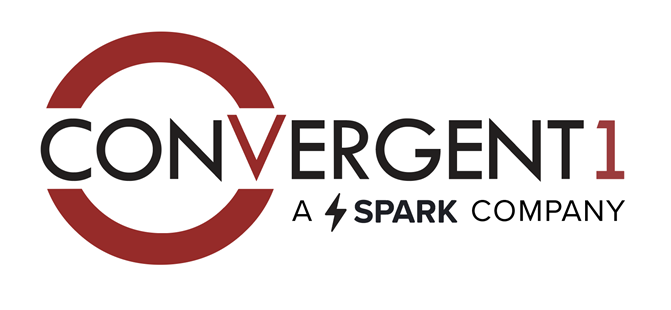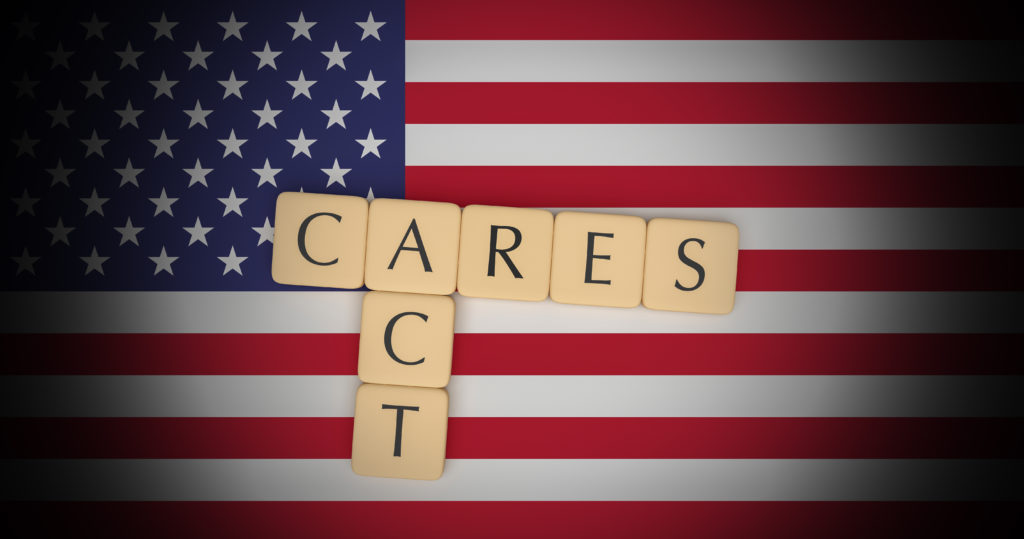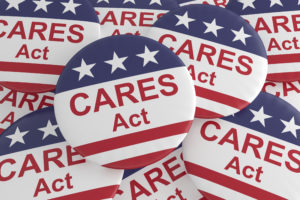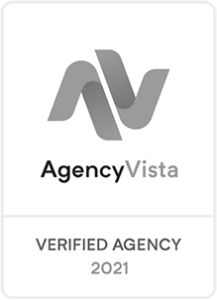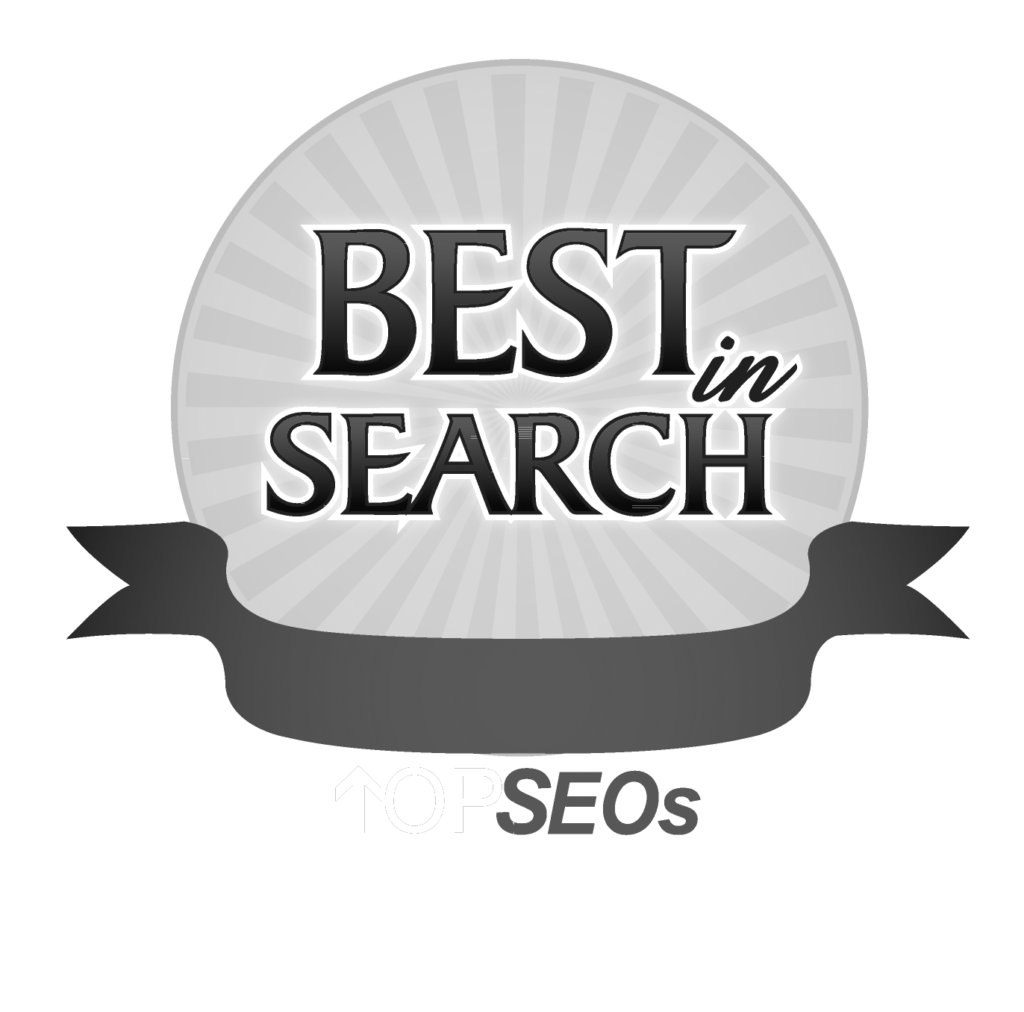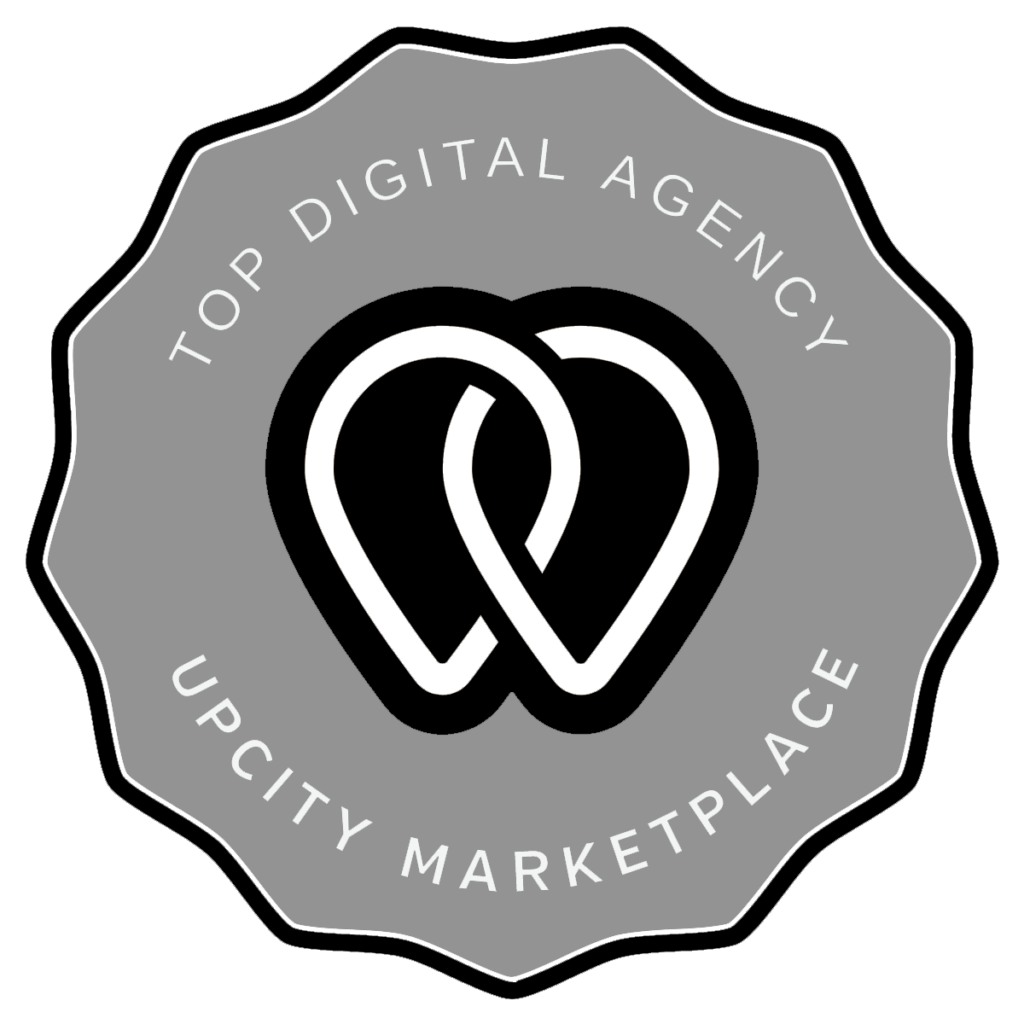After it passed both the house and the senate, President Donald Trump signed the Coronavirus Aid, Relief and Economic Security Act into law on March 27, 2020. The Act, also known as the CARES Act, is meant to be the third round of government support in response to the public health crisis and economic fallout associated with the Coronavirus pandemic.
As a business owner, you have likely heard about the CARES Act but may be unsure of how it applies to you. There is a lot of information out there right now so we have broken down the CARES Act in an understandable manner so you can discover not only how it applies to you but how to take action now.
Persistence Pays Off
Now is the time to create a plan and stay the course. You will need to be persistent in doing the leg work and applying for all available resources. Don’t rush through information, instead take your time to ensure that all applications are being filled out correctly the first time. If you don’t understand something, don’t hesitate to seek guidance from your accountant, lawyer or banker.
The CARES Act and Your Business
The SBA or the Small Business Administration is a small government agency whose purpose is to support small businesses and entrepreneurs. If you are not already familiar with the SBA and its website, now is a great time to spend some time on the site to become more familiar. When you delve into the website, you’ll find that the CARES Act offers many great resources including:
- Economic Injury Disaster Loans and Loan (EIDL). The SBA’s Economic Injury Disaster Loan program can provide small businesses in the United States and all of its territories with working capital loans of up to $2 million to provide economic support to aide in overcoming the temporary loss of revenue due to the Coronavirus pandemic. You can learn more or apply here.
- Economic Injury Disaster Loan Emergency Advance (EIDLA). All small business owners in the United States and its territories are eligible to apply for the Economic Injury Disaster Loan Advance of up to $10,000. The advance is meant to provide economic relief to businesses that are experiencing a temporary loss of revenue due to the Coronavirus pandemic. These funds are made available after a successful application. The loan advance will not have to be repaid. You can learn more or apply here.
- Paycheck Protection Program (PPP). To encourage employers to maintain payroll during the crisis, the SBA is providing 100% federally backed loans for specific payroll expenses through June 30th. The loans will be forgiven if employers retain the employees at salaries that compare to pre-crisis levels.
The PPP resource will be available to small businesses including:
- Any small business that meets the SBA’s size standards
- Any business with NAICS code that begins with 72
- Sole proprietors, independent contractors, self-employed persons
- 501c(3) non-profit organization, veterans organization, or tribal business concern with greater than 500 employees
The PPP will consider the following payroll expenses for calculating loan amounts:
- Compensation (salary, wages, commission, cash tips, etc)
- Payment for vacation, family, medical and sick leave
- Allowance or employee dismissal or separation
- Payment for group health care benefits, including insurance premiums
- Payment of employee retirement benefits
- Payment of state and local taxes associated with employee compensation
The Paycheck Protection program is quite involved and can mean different things to different businesses and individuals. To see if you are eligible to apply for the Paycheck Protection Program, more information and an application can be found here.
- SBA Bridge Loans. The Express Bridge Loan Pilot Program allows small businesses who have a current business relationship with an SBA Express Lender to access up to $25,000 in funding. These loans are meant to provide economic assistance to businesses that are experiencing temporary loss of revenue. The loans can be term loans or they can be used to bridge the gap while waiting to apply or receive funds from a direct SBA Economic Injury Disaster Loan. Small businesses with an urgent need for funds can learn more and apply for an SBA Express Disaster Bridge loan here.
- SBA Debt Relief. As part of the CARES Act, businesses that currently have debt will receive relief, as well.
- The SBA will automatically pay the principal, interest, and fees of current 7(a), 504, and microloans for a period of six months.
- The SBA will automatically pay the principal, interest, and fees of new 7(a), 504, and microloans issued before September 27, 2020.
Business owners can learn more about SBA debt relief opportunities and processes here.
Bank Funding and Your Business in the Time of Pandemic
When you need funding it’s common to think of your banking institution as your first stop. Right now, things are a bit different and it’s important to know that your bank cannot help with you the Economic Injury Disaster Loans and Loan Advance (EIDLA) program of the CARES Act. Instead, you must apply with the SBA here.
If you are seeking assistance from the Paycheck Protection Program (PPP), please note that some banks may be in a better position to help you than others.
- National banks. Bigger banks may be slow and challenging to work with unless you already have a strong relationship that pre-dated the crisis.
- Local community banks. Local banks may be the best bet for a timely response, this is especially true if you have a pre-existing relationship.
- Alternate lenders. If you don’t have a close working relationship with a bank at all, you may want to consider alternate lenders for PPP funding:
Knowing when to seek the assistance of your bank and when you will need to contact the SBA will help you streamline the process of getting the funding that you need to help get you and your business through these unprecedented times. While it can be overwhelming, remember that all business owners are experiencing this as well, you are not alone.
Convergent1 is Helping Amid Crisis
As a small business ourselves, Convergent1 knows that navigating the CARES Act and securing funding for your business is vital. We hope that this brief guide on the CARES Act has been helpful and we would like to partner with you to ensure your business succeeds despite our current challenges. Our Business Recovery Plan will help your business make bold moves to stay relevant now and after the crisis has passed.
